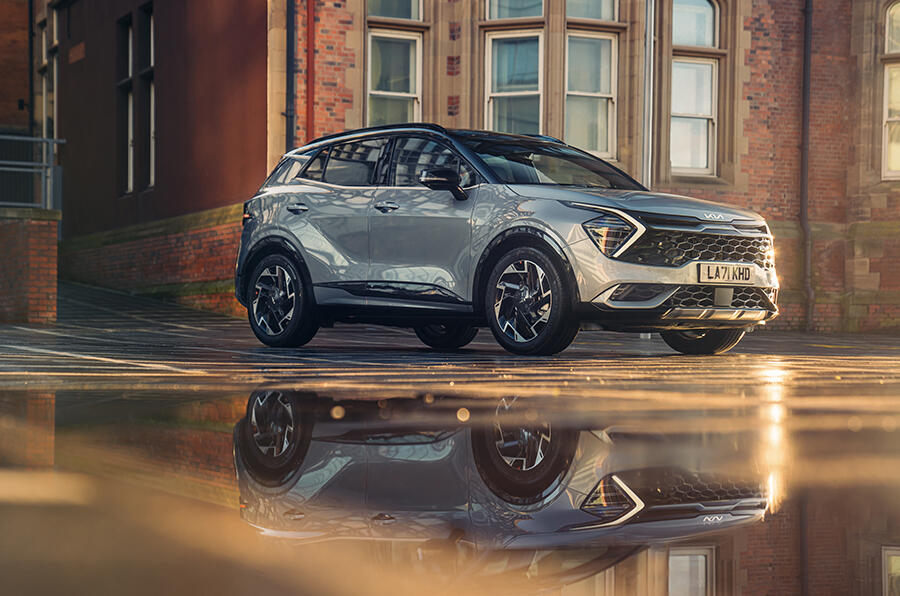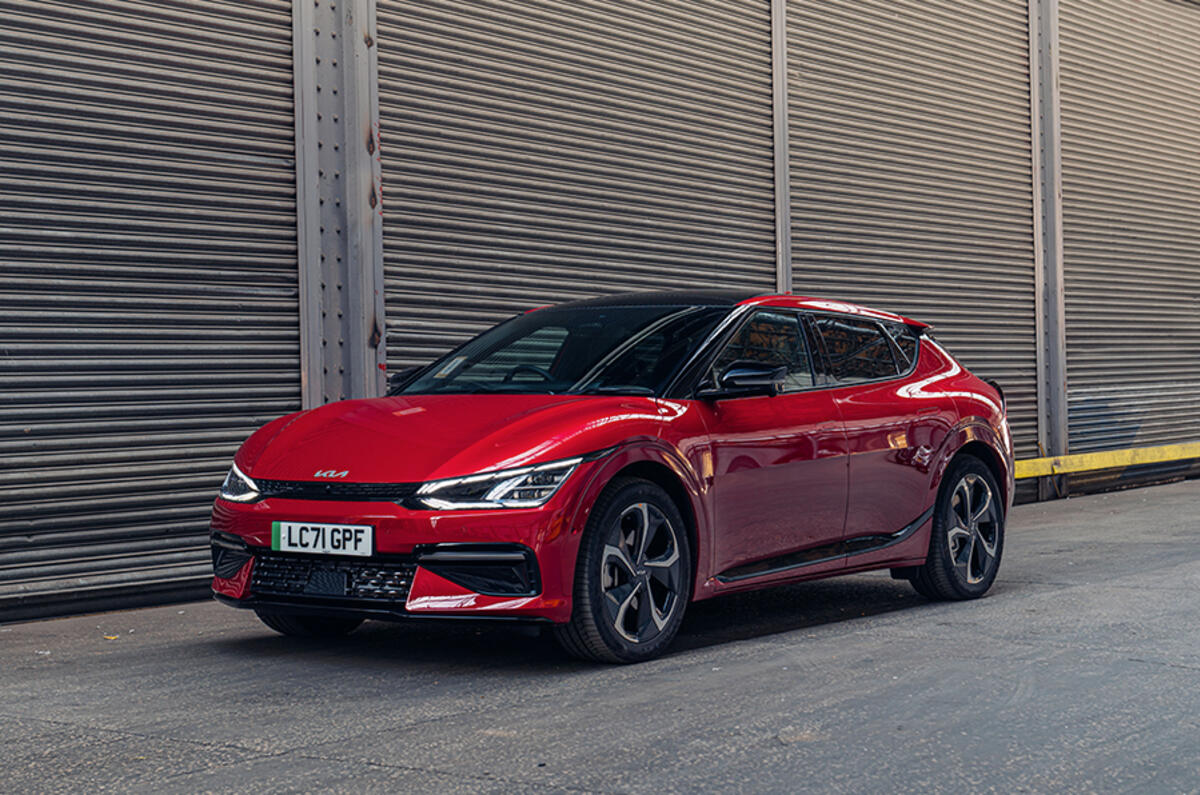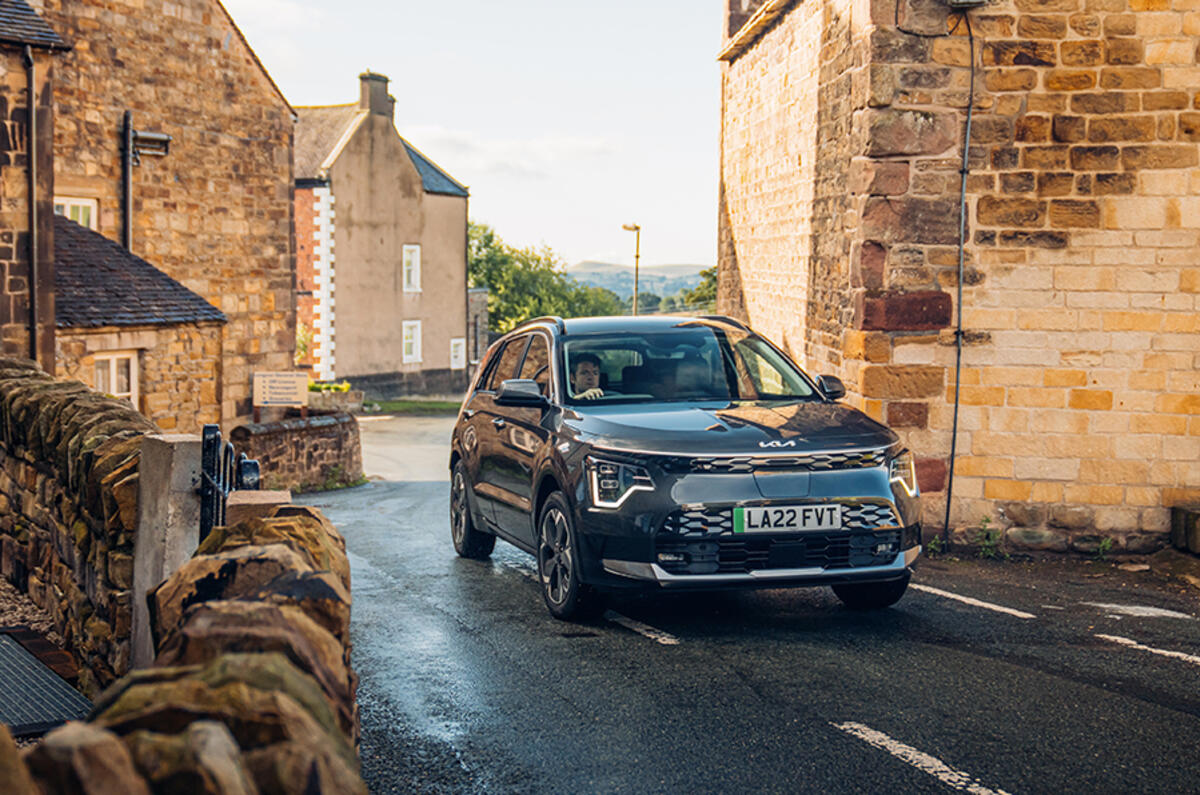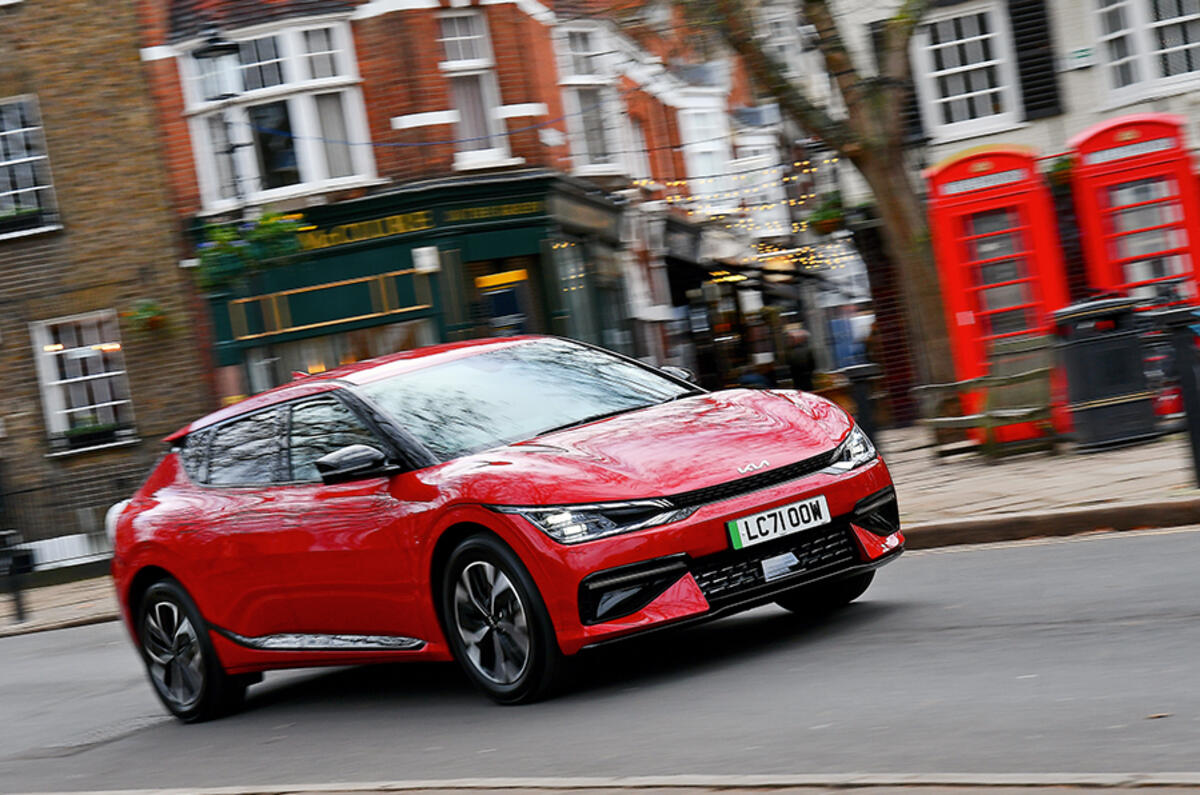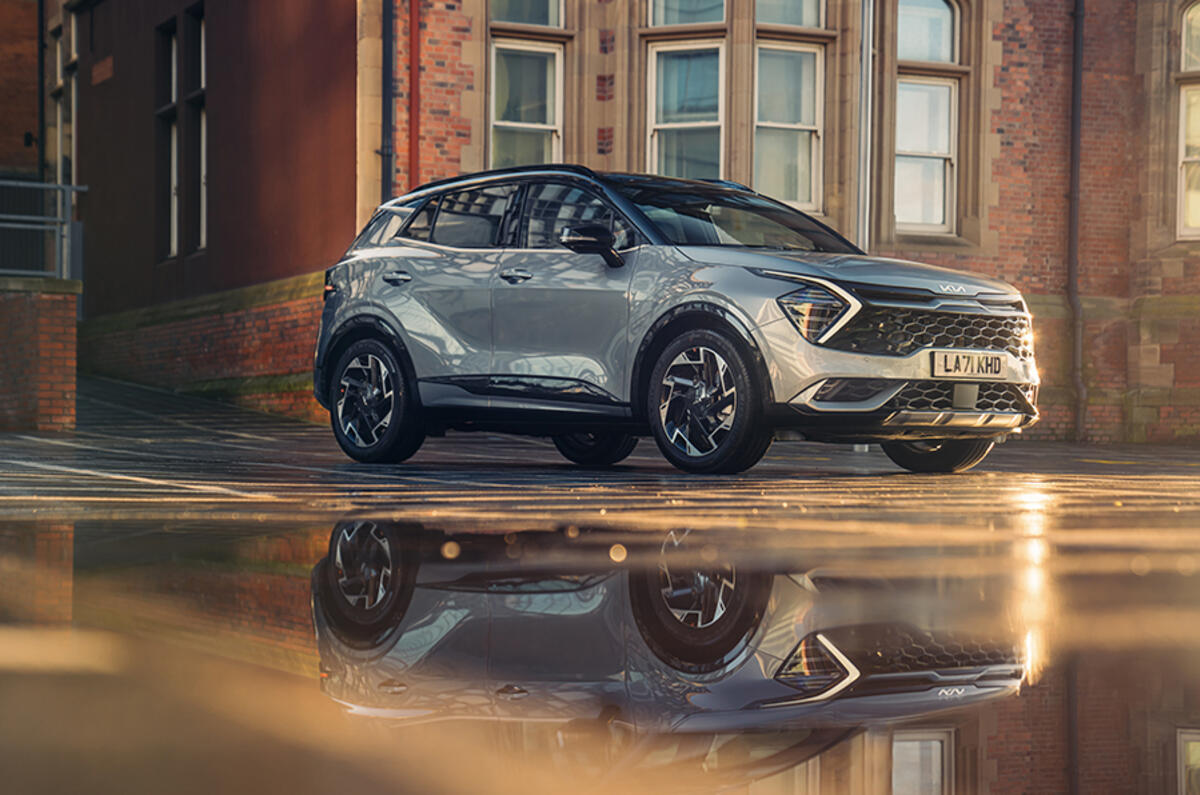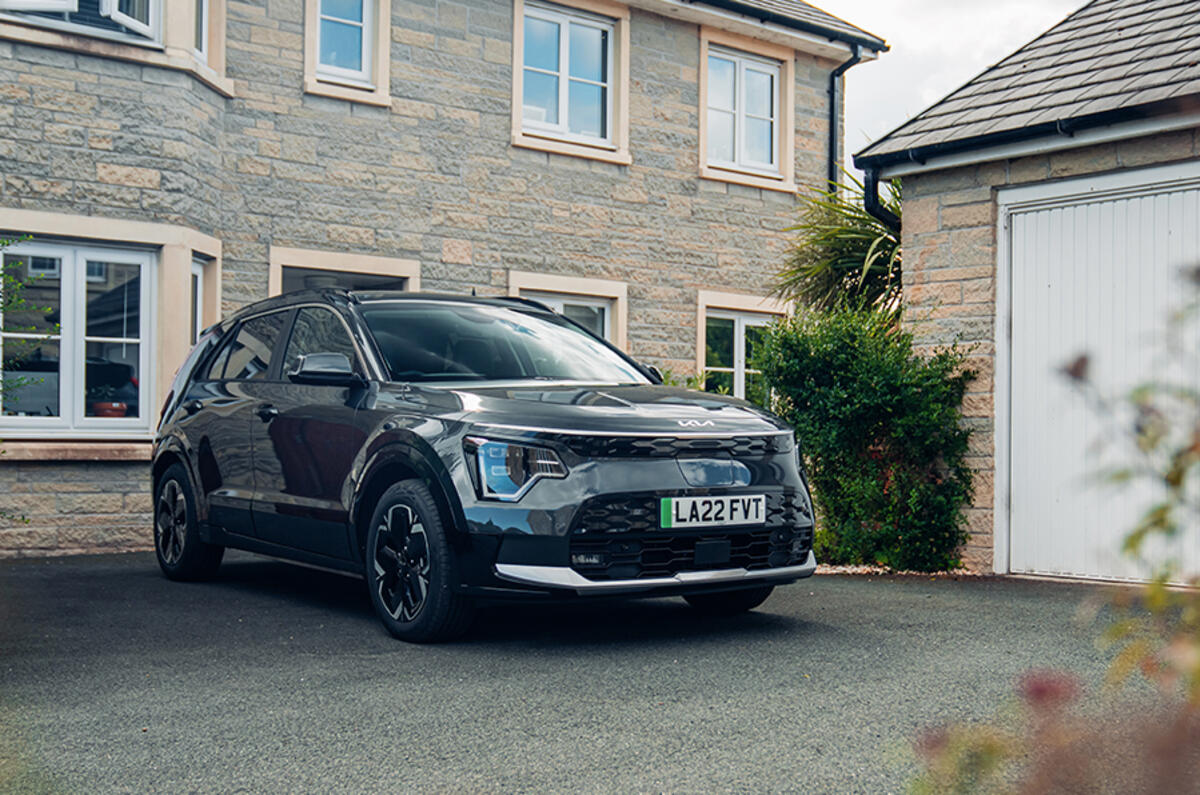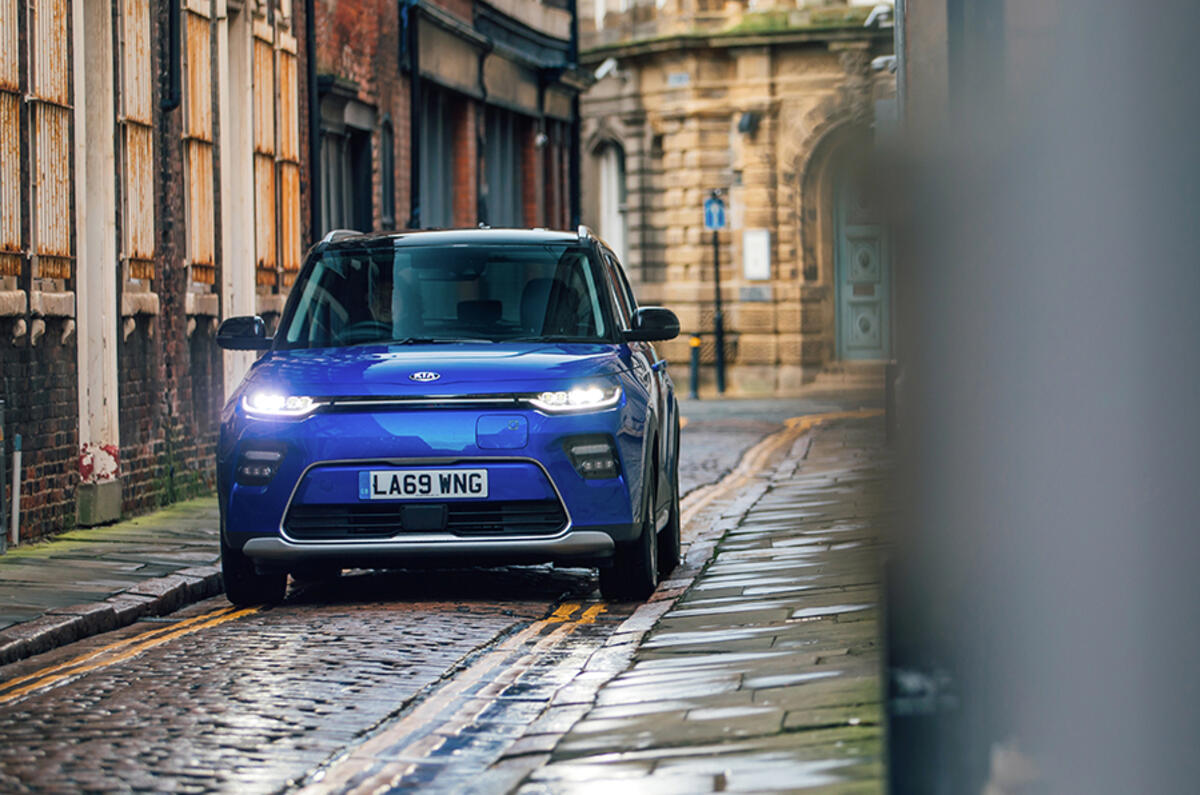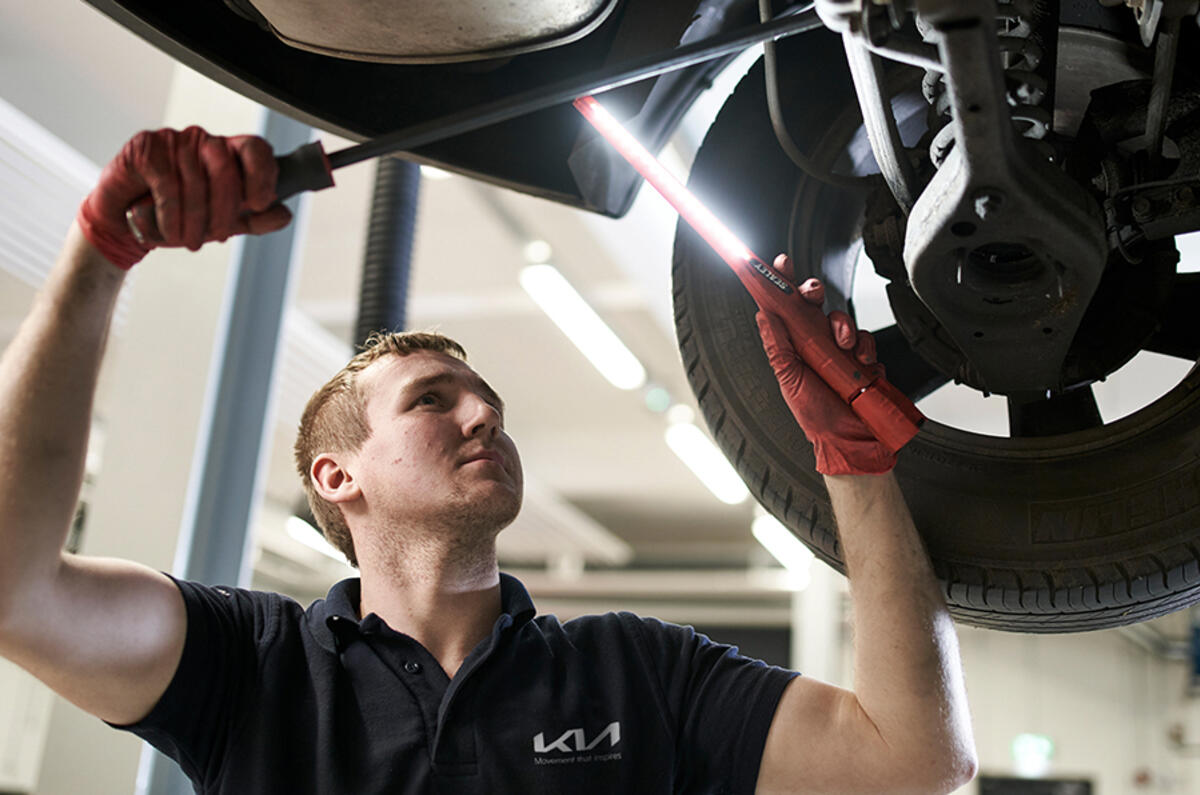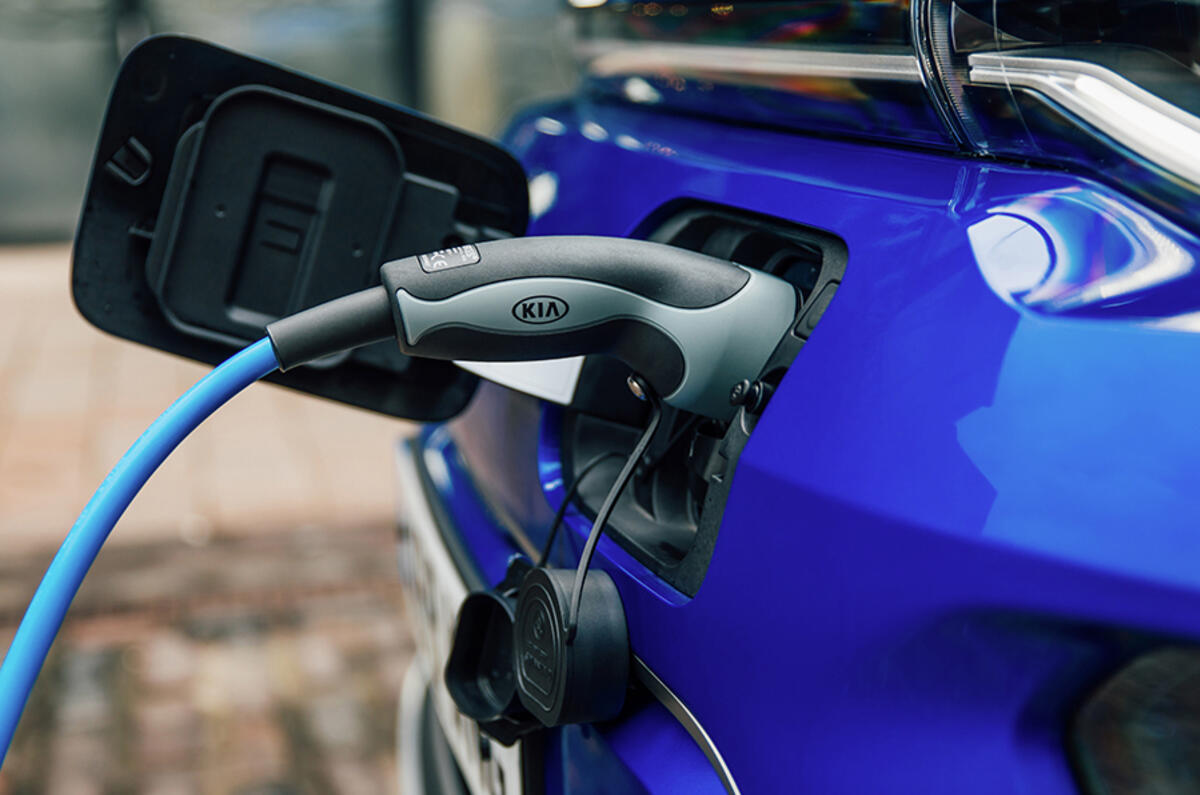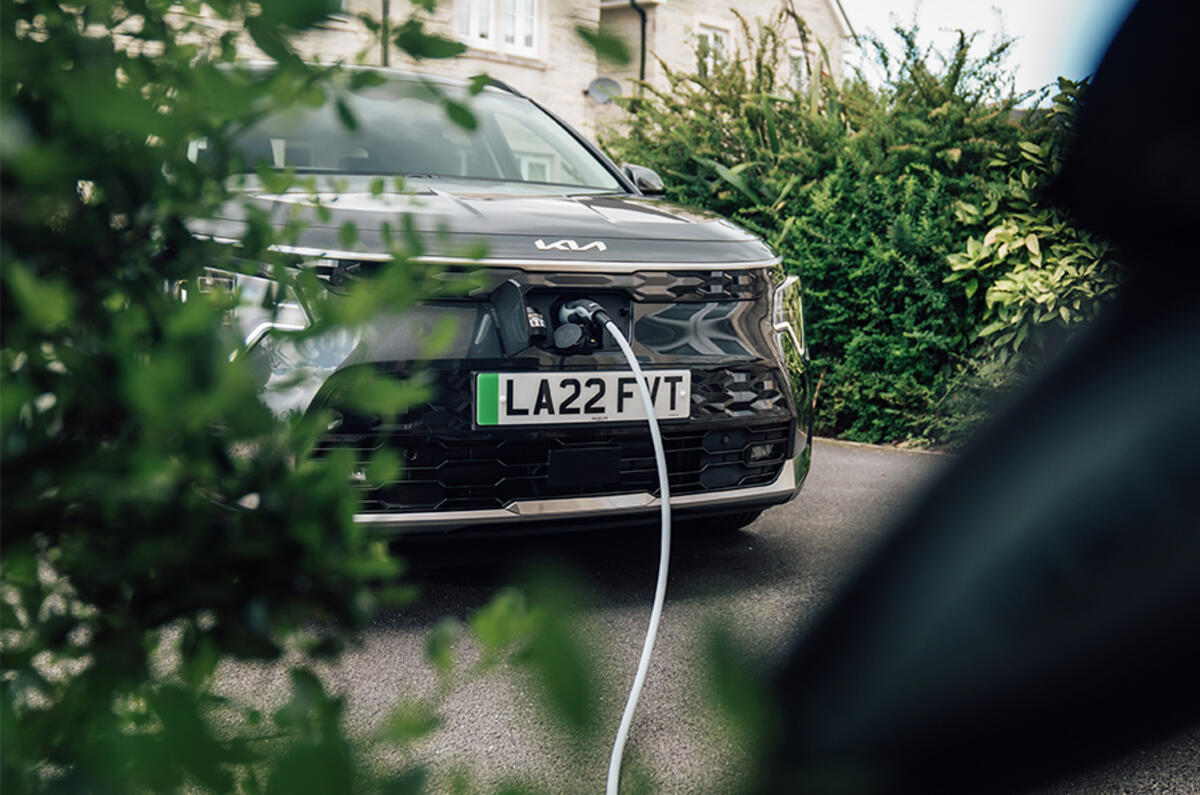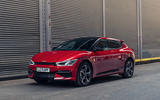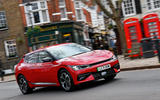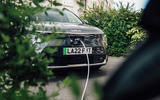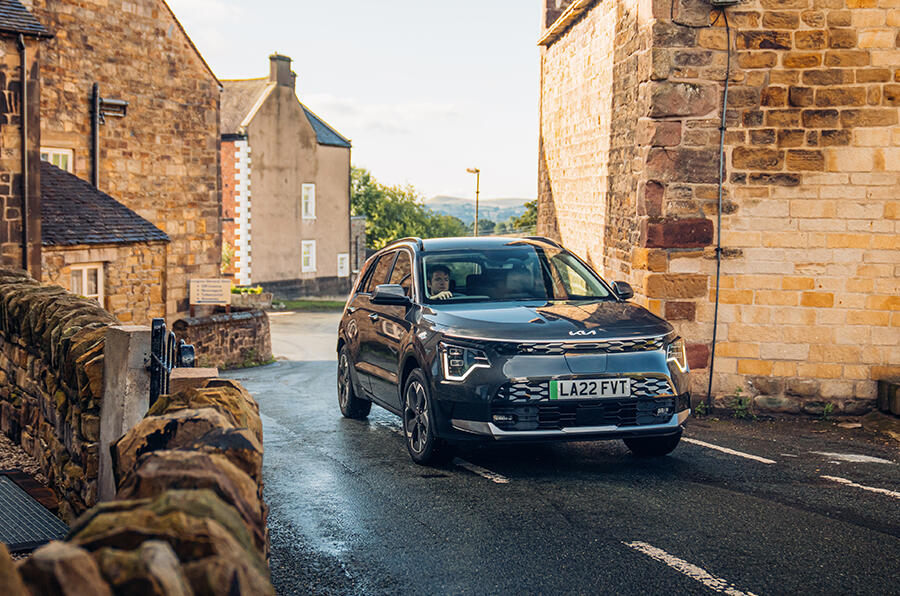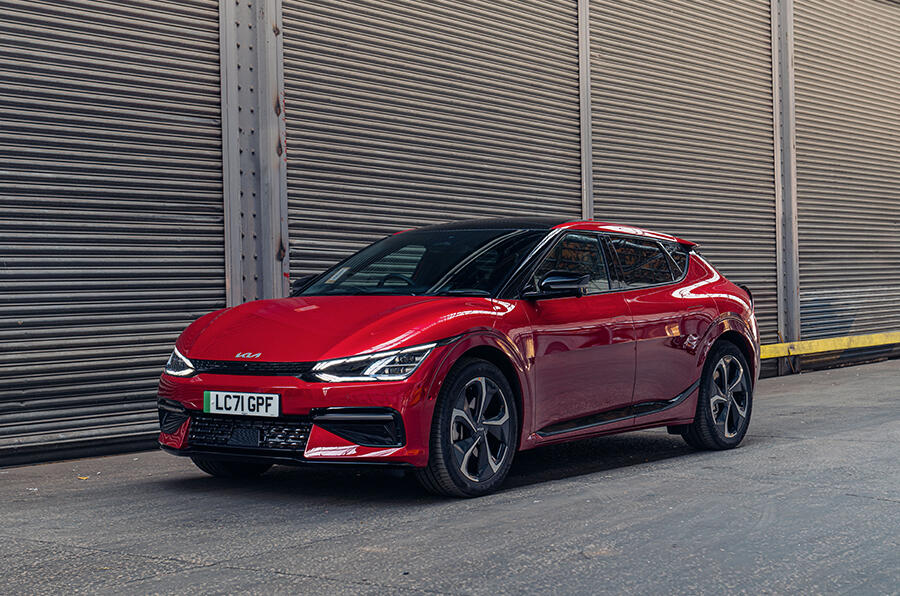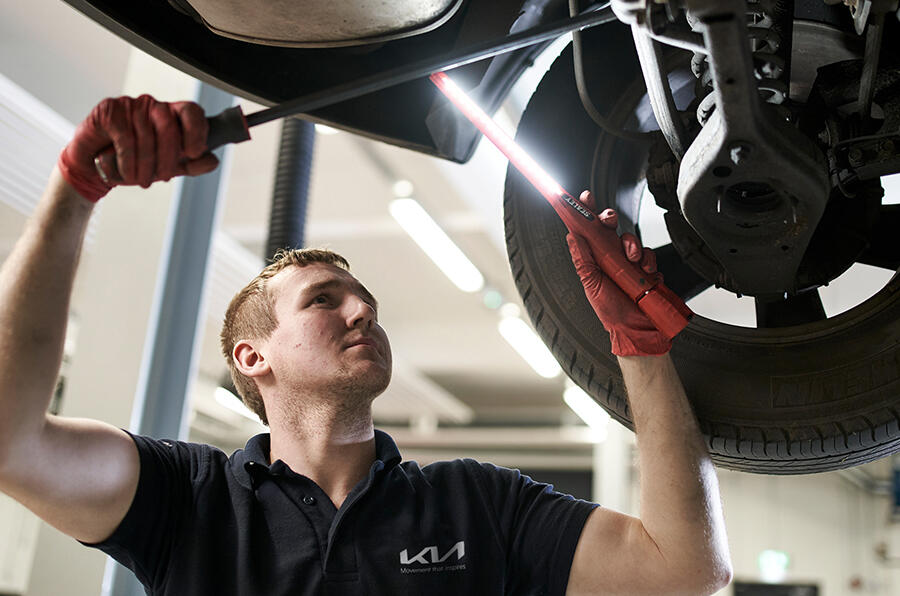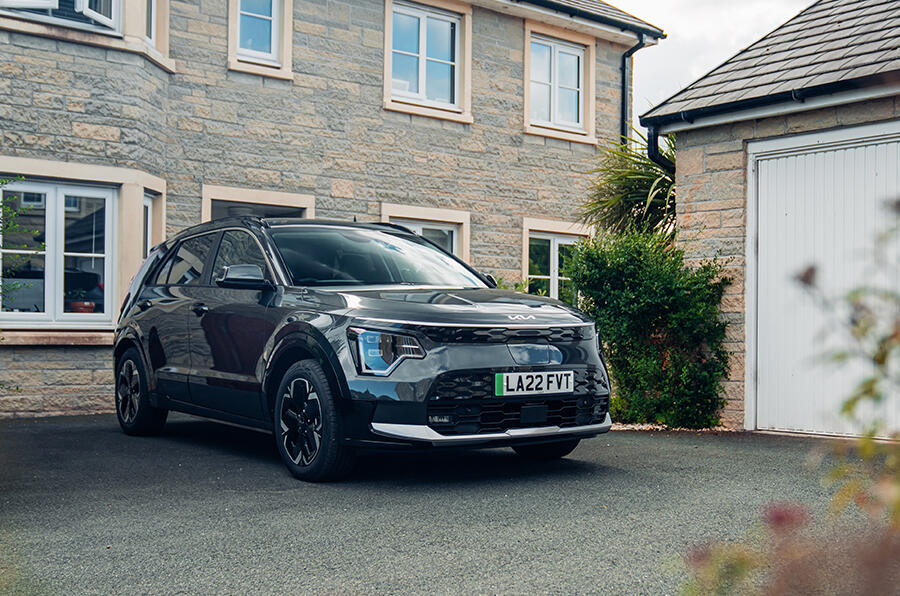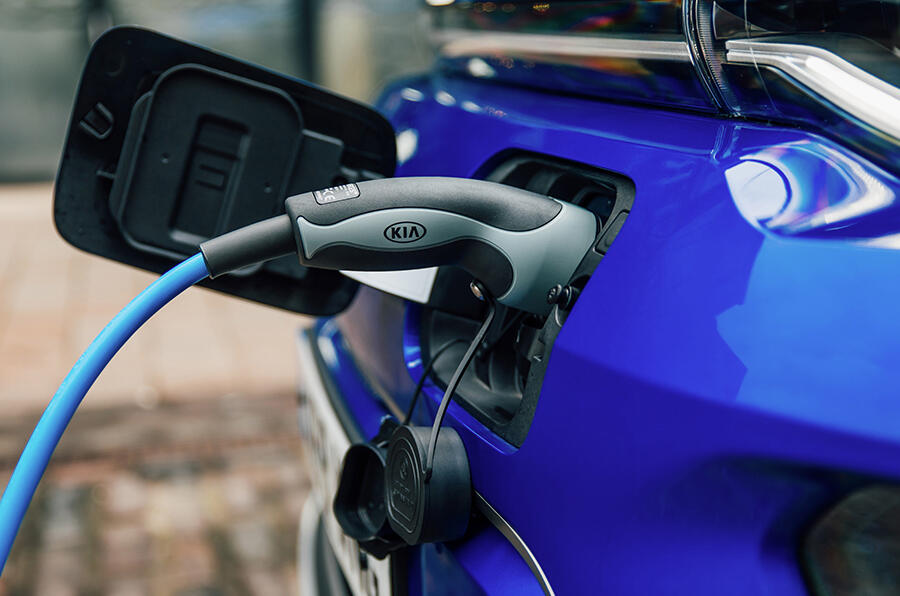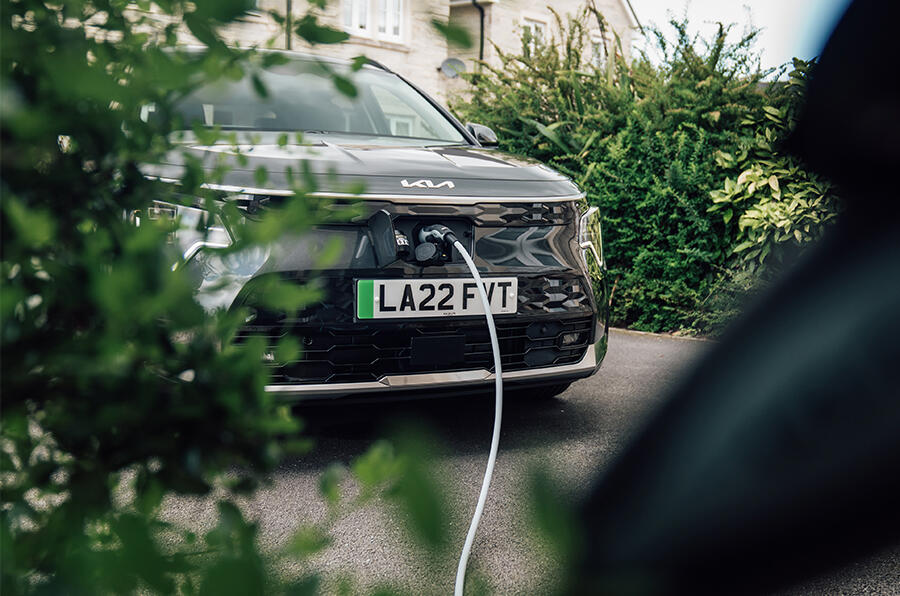Think of fleet ‘whole-life costs’ as the complete ownership picture. Split between your fixed costs and your flexible costs, it encompasses the entire lifespan of the company cars in your fleet from day one to de-fleet.
That means an oversight of everything from the total cost of acquisition and depreciation, through to servicing and maintenance, company car tax, insurance, and fuel (or electricity, of course).
The further you can plan ahead, the better position you’ll be in at the end of a typical three to five-year period. Careful forecasting can exponentially improve your fleet’s efficiency, your bottom line, and will help you identify the strengths of an all-electric solution for your business.
And that’s where Kia Business comes in. Kia’s wealth of fleet and company car experience and expertise – allied to the brand’s confidence-inspiring residual values, ultra-efficient vehicles and dedicated aftersales services (including Kia Business Service Promise and Kia Charge) – ensure that you’re always ahead of the curve. Let’s take a closer look.
Learn more about Kia Business
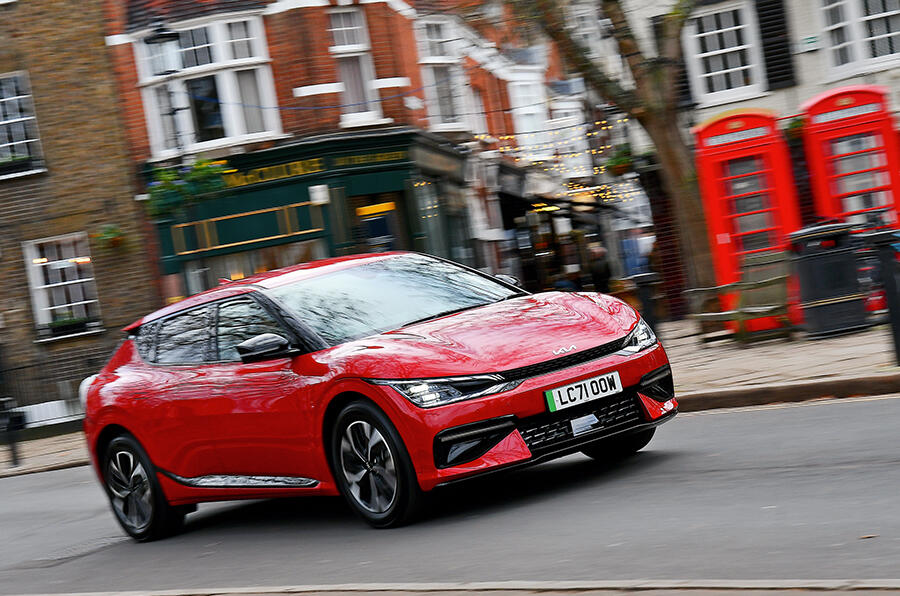
Fixed costs: always consider the cost of acquisition
Whatever type of company car you’re planning to add to your fleet – petrol, diesel, hybrid or electric – you’ll need to consider the balance of your upfront expenditure vs. long-term costs.
You’ll pay a slight premium for the advanced battery tech in all-electric and hybrid models. But, they’re likely to cost you less to run over their lifespan compared to a petrol or diesel – with big long-term savings coming through fewer maintenance costs, reduced or free road tax and lower BIK rates.
"There's no doubt that the upfront acquisition cost of an all-electric car or a plug-in hybrid (PHEV) is higher than its pure petrol equivalent,” says John Hargreaves, Kia’s head of fleet and remarketing. “However, over the lifetime of the vehicle, there will be other factors that will compensate for the initial higher acquisition costs. It’s worth remembering certain tax benefits are immediately applicable to new EVs and PHEVs, and company National Insurance Contributions reduce significantly with vehicles producing little to no tailpipe emissions."
